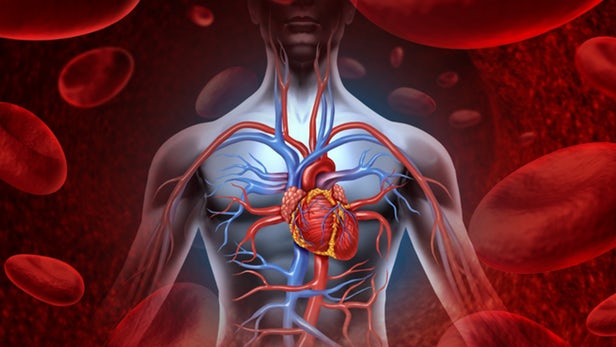
Breaking News
 THIS IS 100 TIMES BIGGER THAN PIZZAGATE!!!
THIS IS 100 TIMES BIGGER THAN PIZZAGATE!!!
 SILVER DEMAND EXPLODES - Bullion Dealer Reveals Silver's Next Move
SILVER DEMAND EXPLODES - Bullion Dealer Reveals Silver's Next Move
 Rutte Says Post-Ukraine Peace To Include NATO Boots By Air, Land & Sea
Rutte Says Post-Ukraine Peace To Include NATO Boots By Air, Land & Sea
 Gold Giant Bundesbank Signals An Open Vote Of No Confidence in Global Monetary Stability
Gold Giant Bundesbank Signals An Open Vote Of No Confidence in Global Monetary Stability
Top Tech News
 How underwater 3D printing could soon transform maritime construction
How underwater 3D printing could soon transform maritime construction
 Smart soldering iron packs a camera to show you what you're doing
Smart soldering iron packs a camera to show you what you're doing
 Look, no hands: Flying umbrella follows user through the rain
Look, no hands: Flying umbrella follows user through the rain
 Critical Linux Warning: 800,000 Devices Are EXPOSED
Critical Linux Warning: 800,000 Devices Are EXPOSED
 'Brave New World': IVF Company's Eugenics Tool Lets Couples Pick 'Best' Baby, Di
'Brave New World': IVF Company's Eugenics Tool Lets Couples Pick 'Best' Baby, Di
 The smartphone just fired a warning shot at the camera industry.
The smartphone just fired a warning shot at the camera industry.
 A revolutionary breakthrough in dental science is changing how we fight tooth decay
A revolutionary breakthrough in dental science is changing how we fight tooth decay
 Docan Energy "Panda": 32kWh for $2,530!
Docan Energy "Panda": 32kWh for $2,530!
 Rugged phone with multi-day battery life doubles as a 1080p projector
Rugged phone with multi-day battery life doubles as a 1080p projector
 4 Sisters Invent Electric Tractor with Mom and Dad and it's Selling in 5 Countries
4 Sisters Invent Electric Tractor with Mom and Dad and it's Selling in 5 Countries
Molecule produced during fasting has anti-aging effect on vascular system

Diet trends like intermittent fasting and ketogenesis are proving wildly popular for their rapid weight-loss effects, but scientists are also starting to uncover how they might benefit the body in other, longer term ways. Case in point: a molecule produced during fasting has now been found to apply the brakes to aging of the vascular system, a process closely tied to the aging of the human body as a whole.
When the body enters ketosis, a metabolic state induced by fasting and low-carb diets, it turns to the body's stored fats for energy, rather than glucose. One of these sources of energy, known collectively as ketones, is a molecule called β-Hydroxybutyrate.
"Previously, studies on ketone bodies focused on energy metabolism, but this study showed that there are other physiological effects which regulate cell cycle to retardate aging progression," study senior author Dr. Ming-Hui Zou tells New Atlas.
One such earlier study, at Harvard University last year, demonstrated how fasting can alter the activity of mitochondrial networks inside our cells, leading to increased lifespan, slower aging and improved health.
Zou and his team at Georgia State University set out to explore how heightened β-Hydroxybutyrate levels might have similar effects by interfering with what are known as senescent cells, which are cells that are no longer able to multiply and divide.
The scientists found that β-Hydroxybutyrate puts the brakes on senescent vascular cells at just the right time, actively promoting cell division and preventing them from growing old. When injected into mice, it was also found to promote stem cell factors that protect against DNA-related senescence to keep blood vessels young.



